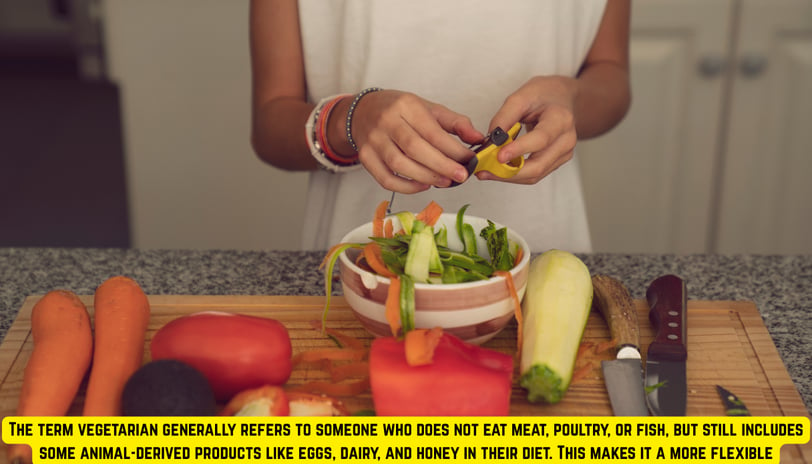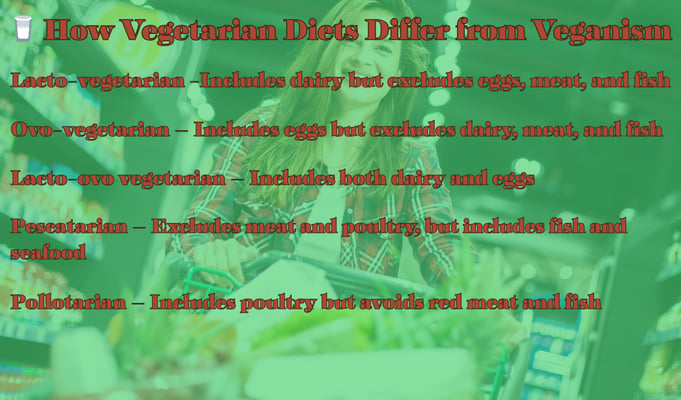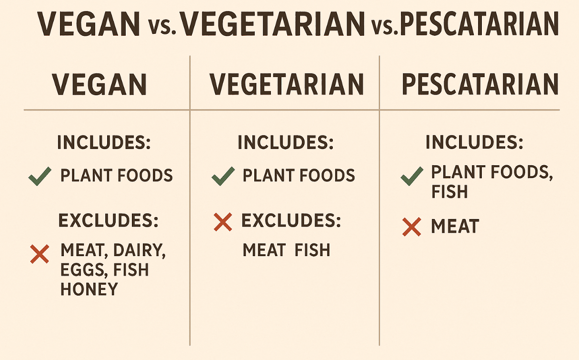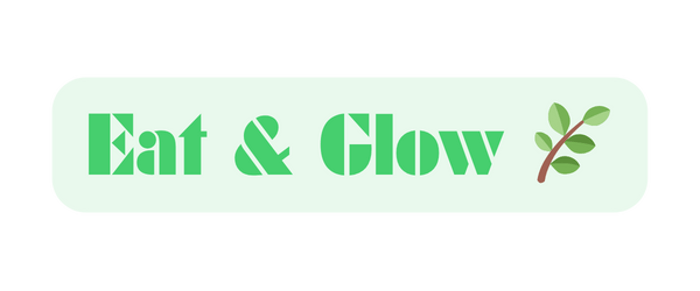🌱 Vegan, Vegetarian & Beyond: Exploring Diets Similar to Veganism
Explore and learn the key differences between vegan, vegetarian, and plant-based diets. Learn which lifestyle supports your health, weight loss, and wellness goals.
🌱 BEGINNER’S PLANT-BASED GUIDE


A guide to understanding plant-based lifestyles.
Differences, and how to choose the right path for your health journey.
If you’re curious about adopting a plant-based lifestyle, you've likely come across the term vegan more times than you can count. But did you know that veganism is just one of several plant-forward diets? Many people use the terms vegan and vegetarian interchangeably, but they represent very different lifestyles, with key distinctions in both philosophy and food choices.
In this guide, we’ll explore the most common diets similar to veganism, highlight the core differences between them, and help you figure out which one best fits your health goals and values.
🥦 What Is a Vegan Diet?
A vegan diet is the most restrictive of the plant-based eating styles. Vegans avoid all animal products—not only meat and fish, but also dairy, eggs, honey, and even ingredients like gelatin. Veganism often goes beyond food choices; many vegans also avoid using animal-derived products in clothing, cosmetics, and household items.
Common vegan-friendly foods include:
Fruits and vegetables
Legumes and beans
Whole grains
Nuts and seeds
Plant-based milks and cheeses
Tofu, tempeh, and seitan
Adopting a vegan lifestyle often requires careful planning to meet nutritional needs, especially for nutrients like vitamin B12, iron, calcium, and omega-3s.
🥛 How Vegetarian Diets Differ from Veganism
The term vegetarian generally refers to someone who does not eat meat, poultry, or fish, but still includes some animal-derived products like eggs, dairy, and honey in their diet. This makes it a more flexible alternative to veganism, and for many, it’s a stepping stone toward fully plant-based living.
Types of Vegetarian Diets:
Lacto-vegetarian – Includes dairy but excludes eggs, meat, and fish
Ovo-vegetarian – Includes eggs but excludes dairy, meat, and fish
Lacto-ovo vegetarian – Includes both dairy and eggs
Pescatarian – Excludes meat and poultry, but includes fish and seafood
Pollotarian – Includes poultry but avoids red meat and fish
Each version offers a unique balance between plant-based eating and animal product inclusion. Understanding these variations can help you make a gradual and sustainable shift.
🧠 Which Plant-Based Diet Is Right for You?
While veganism can seem like the ideal ethical or health-focused choice, it may not be the best immediate fit for everyone. Transitioning from a standard diet to fully vegan can be overwhelming if attempted too quickly.
That’s why many people start with vegetarianism or pescatarianism and gradually reduce animal products over time. This approach can make the shift more manageable and reduce the risk of burnout or nutrient deficiencies.
⚠️ The Challenges of Going Plant-Based
It’s important to acknowledge that no diet is one-size-fits-all. Some people thrive on a vegan diet, while others find it more difficult to sustain, especially without proper knowledge or support.
Common challenges include:
Dining out or social situations
However, with some planning, education, and patience, all plant-based diets can be healthy and fulfilling.
📊 Did You Know?
According to the World Health Organization, over 1.9 billion adults are overweight worldwide, and many are seeking sustainable ways to eat better and feel better.
A plant-forward lifestyle has been linked to lower rates of obesity, heart disease, type 2 diabetes, and more—but your journey should match your pace, values, and needs.
🌟 Final Thoughts: Start Where You Are
Choosing the right diet is a deeply personal decision. Whether you’re going fully vegan or starting as a flexitarian, the most important step is to start where you are—with realistic, intentional goals.
Your needs may change, and that’s okay. What matters is building a foundation that supports your health, aligns with your values, and feels right for your lifestyle.




Eat&Glow
Wholesome recipes and expert wellness tips await.
Energy
contact@eatandglow.com
© 2025. All rights reserved.
